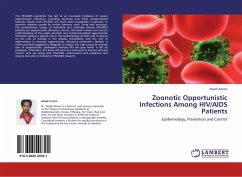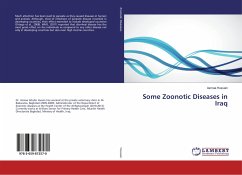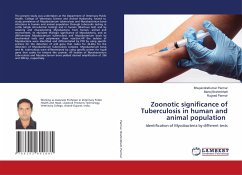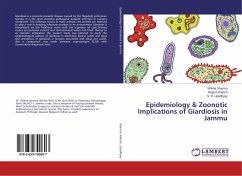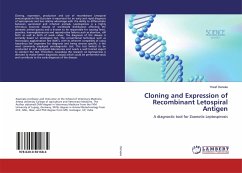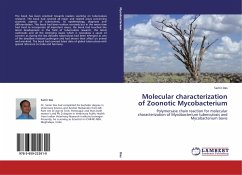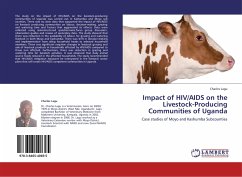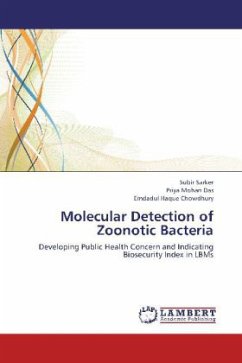The HIV/AIDS pandemic has led to an increased incidence of severe opportunistic infections, including zoonoses and other animal-related hazards. People with HIV/AIDS are much more susceptible; in general, to zoonotic diseases caused by certain bacteria, virus, fungi and protozoa. The predominant causes of morbidity and mortality among HIV/AIDS patients are opportunistic infections. Hence, this book reviews our current understanding of the major zoonotic and animal-associated opportunistic infections playing a pivotal role in the epidemiology of AIDS and it reviews on the role of animals in the disease transmission and the role of veterinarians in zoonotic opportunistic infections prevention. Besides, it offers practical suggestions designed to reduce the risks posed by animals due to opportunistic pathogens thereby fills the gap which is left by physicians. Therefore, this book will serve as a reference to farmers and pet owners who are living with HIV/AIDS, veterinarians and physicians and anyone else who is involved in HIV/AIDS research.
Bitte wählen Sie Ihr Anliegen aus.
Rechnungen
Retourenschein anfordern
Bestellstatus
Storno

